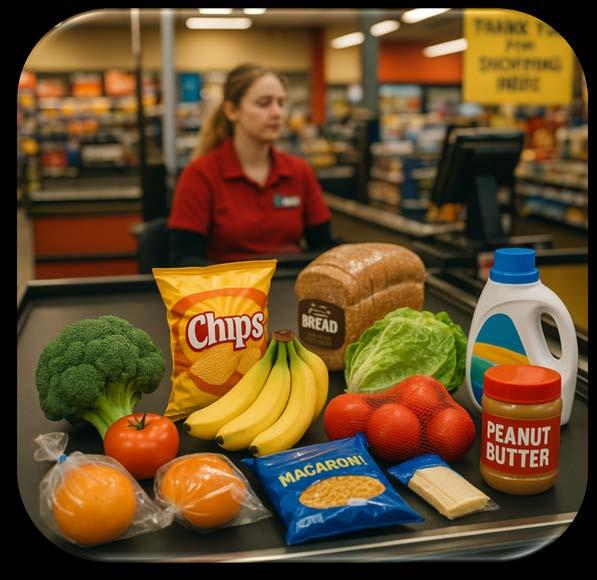
Refunds
Need money to cover fall living expenses?


Students who expect to have a credit balance once all anticipated aid is disbursed may apply for a living expense refund against the future credit.
Complete a Refund/Cash Advance Request Form


Need money to cover fall living expenses?


Students who expect to have a credit balance once all anticipated aid is disbursed may apply for a living expense refund against the future credit.
Complete a Refund/Cash Advance Request Form

• Private loans and any other-credit based loans will appear on your credit report.
• Request a free credit report annually from annualcreditreport.com.
• All active loans under your name and the lenders/servicers associated will be listed.
Curious about where to find your student loan details? Here’s how to easily track your balances, interest rates, and services all in one place.
• Go to studentaid.gov and log in using your FSA ID.
• Here you view your loan balances, interest rates, loan servicers, disbursement dates, and loan status for every federal loan you borrowed.
Check Your Loan Servicer’s Website
• Find your servicer’s info on studentaid.gov or in your emails/mail. Create an account on your servicer’s website to monitor balances, due dates, payment plans, etc.
• Contact your school’s financial aid office for borrowing history.
• Organize your loan information by creating a simple spreadsheet
• Watch out for scams. Never share your FSA ID or sensitive info via email or phone unless you’re certain you’re speaking to your loan servicer.

• Look out for free food at campus events.
Eat Out Strategically
• Limit eating out or ordering takeout.
• Take advantage of student discounts at local restaurants.
• Overnight oats or simple egg dishes
• Bean and veggie chili, rice bowls, or pasta salads.
• Big salads with grains, beans, and veggies.
Utilize Technology
• Use budgeting and meal planning apps such as Mealime or Paprika.
• Track your food spending to see where you can cut back.
Looking to save money and eat better during grad school? Here are some simple strategies for effective meal planning and cutting food costs.
• Decide what you want to eat before heading to the store.
• Focus on versatile ingredients that can be used for multiple meals (rice, pasta, beans, eggs and frozen veggies.
• Make a big batch for leftovers.
• Make a grocery list based on your meal plan.
• Don’t shop when you’re hungry.
• Buy in bulk for staples (rice, beans, oats, pasta).
• Choose store brands over name brands.
• Check weekly ads for sales.
• Shop at discount grocers or farmer’s markets for deals on fresh produce.
• Set aside time one day a week for meal prep.
• Portion out lunches and snakes so you have grab-and-go options.
• Store food properly so it lasts longer.
• Freeze portions or ingredients you won’t use right away.
• Get creative with leftovers.
The 2026-27 Free Application for Federal Student Aid (FAFSA) is now available for the 2026-27 academic year.
View details.
The HMS Financial Aid Office will begin importing 2026-27 FAFSA information in March 2026.


Harvard Student Financial Services has put together an FAQ site to address questions regarding federal student loan changes as part of the One Big Beautiful Bill Act enacted in July 2025.
The changes to federal student loans will begin July 1, 2026. This impacts the 2026-27 academic year.
View details.
An origination fee is a percentage of your loan amount charged by the lender for the processing of your loan.
Federal student loans have an origination fee, therefore the amount you may receive as a disbursement may be slightly lower than the amount you accept.
Federal Direct Unsubsidized loan origination fee: 1.057%.
Federal Direct Grad PLUS loan origination fee: 4.228%.
by Jimmy Chan



Dr. Chirag Shah MD, MPH hosted a weekly financial planning series in 4 segments. Dr. Shah is a vitreoretinal surgeon at Ophthalmic Consultants of Boston and the Co-Director of the Vitreoretinal Surgery Fellowship. He has recently co-authored a book on personal finance for physicians, “Financial Freedom Rx: The Physician’s Guide to Achieving Financial Independence.”

View the fall financial literacy series online at https://hms.harvard.edu/education-admissions/md-program/costaid/video-tutorials .